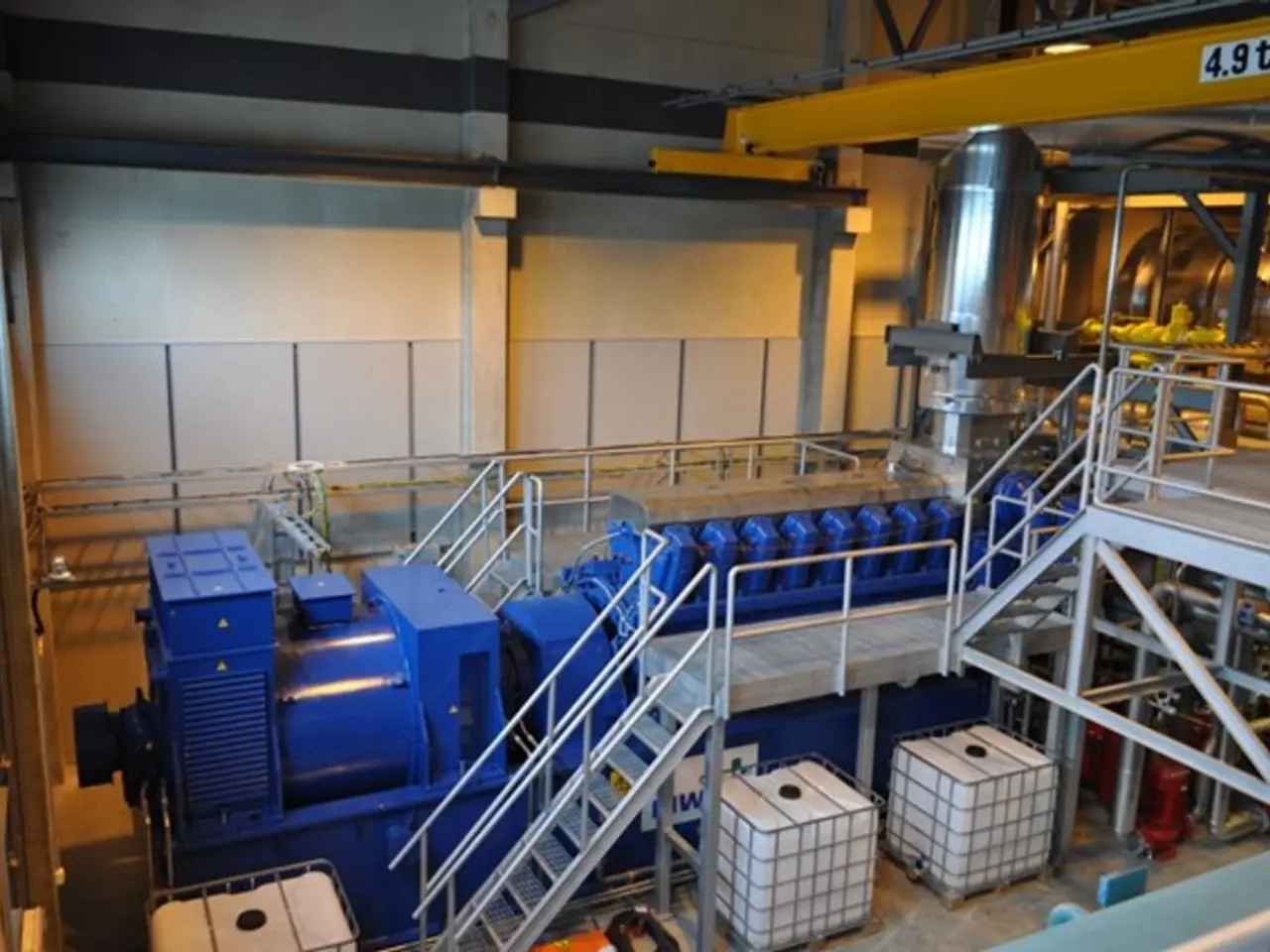Public Editorial | Empowering Citizens with Air Complaint Program: Was Due Diligence Performed Prior to Implementation?
The Citizens Air Complaint Program in New York City, designed to combat truck idling, has become a subject of controversy. The program, which allows citizens to submit video evidence of trucks idling longer than the law allows, has raised concerns about its effectiveness and fairness.
The Department of Environmental Protection has acknowledged the issue and launched a video portal, but it will take time for all video files to be properly uploaded. Despite the majority of trucks on New York City streets being the cleanest available, thanks to improvements in engine and emission technology, the NYC Clean Trucks Program, and strong NYC procurement rules, the program has been criticized for its unreasonably long adjudication timeline. Hearings can take place nine months after the fact, and it can take up to eighteen months from the initial complaint.
The organization "Environmental Defense Fund" (EDF) in New York has criticized the program, stating that it does not effectively address the root causes of air pollution and relies heavily on citizen complaints rather than proactive monitoring and enforcement. The program has also been criticized for its revenue-generating aspect, with some citizens making over 6-figures annually by writing idling tickets.
The trucking industry, essential to New York City, has expressed concern about the current system. They argue that it unfairly penalizes companies that lease trucks to other companies and have no control over the actions of the drivers. Drivers have been penalized for staying safe in air-conditioned cabs during hot days or for running their heat during cold days.
The City's own idling enforcement agents only make around $49,000 annually, while some citizens make more than this through the program. This has led to a "cottage industry" of "idling bounty hunters," as the program allows citizens to receive 25% of every fine they issue.
Evidence access is another issue, with videos not being routinely provided and links expiring in days. This can be problematic, especially in situations where there is no opportunity to determine whether idling was justified, or to take corrective action to address the behavior.
The Trucking Association of New York supports policies that involve communities in shaping a healthier future. They advocate for reasonable enforcement against unnecessary idling, but cannot accept a system that treats them unfairly. Many modern trucks, including those using zero- and near-zero emission technologies, may be waiting to enter a commercial loading zone or avoid blocking traffic.
The funds for the program come from the businesses that keep New York stocked with food, medicine, and necessities. It is crucial to strike a balance between enforcing environmental regulations and not unduly burdening the industries that are vital to the city's functioning.
Giving citizens power to enforce environmental regulations must also include providing them with all the facts about the trucking industry and the environmental strides they've made. This will help ensure that the program is fair, effective, and focused on sustainability rather than revenue generation.
Read also:
- Understanding Hemorrhagic Gastroenteritis: Key Facts
- Stopping Osteoporosis Treatment: Timeline Considerations
- Tobacco industry's suggested changes on a legislative modification are disregarded by health journalists
- Expanded Community Health Involvement by CK Birla Hospitals, Jaipur, Maintained Through Consistent Outreach Programs Across Rajasthan








